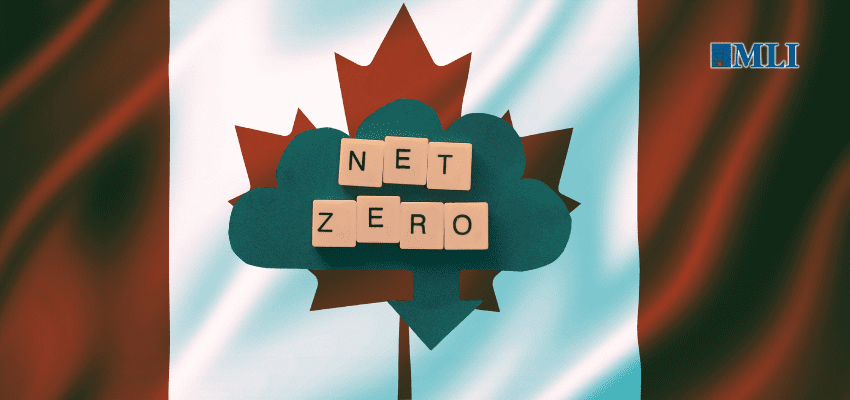This article originally appeared in The Hub.
By Bentley Allan and Heather Exner-Pirot, December 6, 2024
When it comes to investing in our net-zero future, Canada needs to learn to act more strategically. Recent slowdowns in EV markets and the woes of Swedish battery producer Northvolt highlight the pitfalls inherent in scaling new value chains as the global energy transition progresses. Have our federal and provincial governments placed smart bets on opportunities in Canada—and how can this be assessed?
While our peers and competitors are using sophisticated industrial strategies to claim their place in emerging clean industries, Canada’s approach has instead been fragmented and reactive. The sheer scale of Canada’s multi-billion-dollar investments in clean energy projects and materials shows that we understand the economic opportunity the net-zero transition presents. Unfortunately, without a clear strategy, it is far from obvious that our government is getting the best value for taxpayers’ money.
Even where projects are not simply handouts to large incumbents but make economic sense individually, it’s less obvious how they fit into a larger strategic vision. To position Canada for success, projects receiving government support need to add up to more than just the sum of their parts. By focusing on high-impact projects, driving long-term economic transformation, and ensuring our investments are globally competitive, we can position Canada for success in the decades to come.
Adopting a more disciplined, strategic approach to supporting major projects means asking the right questions about our investments. A new framework developed by the Transition Accelerator and Macdonald-Laurier Institute outlines five factors that can help governments prioritize the projects that are most likely to contribute to sustainable industries and a competitive economy.
First, we need to ask whether a given investment aligns with technology-specific targets and roadmaps. Targeted industrial policies have helped businesses from the United States, Korea, Japan, and the European Union grow into leading suppliers of clean energy and materials technologies, but Canada’s current approach to assessing clean growth projects is not connected to larger industrial policy strategies and national priorities.
It’s not enough to back initiatives that offer short-term emission reductions. We need to prioritize projects that contribute to clear, concrete targets in high-opportunity net-zero technologies, where smart investments today can secure long-term economic benefits and create thousands of high-paying jobs.
Second, Canada’s current approach focuses too much on assessing projects in isolation instead of asking how a project will catalyze new supply chains and innovation ecosystems. An approach that prioritizes strategic impact would invest in projects based on their potential to transform markets and add value to our resources. Often this will mean supporting projects further upstream—like critical minerals mining and processing—rather than the current emphasis on final assembly (battery factories).
Third, we need to make sure that our investments aren’t wasting money on industries where Canada cannot compete in the long term. Crucially, Canada’s approach must focus on areas where we have a competitive advantage. As a mid-sized economy, we can’t afford to invest in everything. But we are resource-rich, with a wealth of critical minerals, clean power potential, and advanced manufacturing capabilities. These are the sectors where we should be concentrating our efforts, building on our strengths to carve out a leadership role in the global economy.
Fourth, Canada’s investments should prioritize projects that contribute to regional economic transformation. Supporting cohorts of related firms in a given area can help to multiply the impact of an investment many times over. For instance, clustering clean energy assets—such as hydrogen production or advanced manufacturing—into regional hubs can foster technological innovation, boost efficiency, and create networks of expertise that will pay dividends for years to come.
Finally, ensuring fiscal responsibility through rigorous project assessment is key. While third-party validation plays an important role, it is vital that government develop its own tools and capacity for assessing project economics and technological promise. Where appropriate, market-based solutions and regulatory changes can be more effective and cost-efficient than direct financial support. By taking a disciplined approach to public spending, we can ensure that taxpayer dollars are used efficiently and deliver maximum returns.
For a detailed analysis of how Canada can achieve these goals, our report “How to Prioritize Strategic Projects for Better Net-Zero Industrial Policy“ provides a smarter approach to securing competitiveness in the newly emerging clean energy economy. By asking the right questions and targeting the right investments, Canada can actively position itself to lead in the shifting global market for energy and materials. This will help ensure that today’s investments are actually working to secure tomorrow’s economic and geopolitical security for Canadians.







